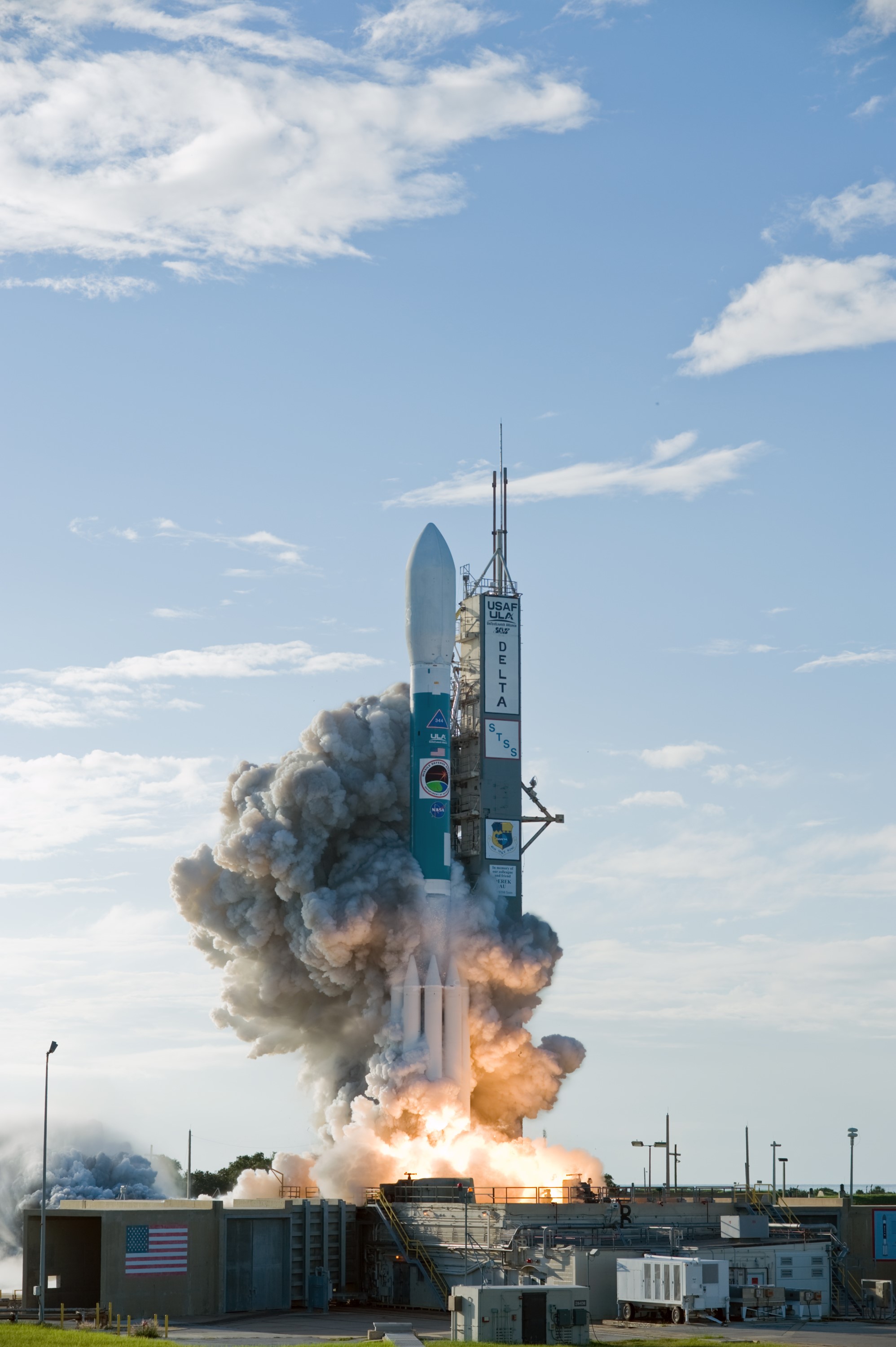
U.S. House passes legislation creating new Space Corps military branch
Members of the House of Representatives passed the 2018 National Defense Authorization Act (NDAA) July 17, the annual military spending bill, which carries a mandate to create a new branch of the U.S. Air Force called the Space Corps.
The NDAA allocates funds for every aspect of the Department of Defense (DOD) budget and directs DOD operations. The legislation satisfies the Article 1 constitutional mandate for Congress to “provide for the common Defense.” The House spending proposal authorizes $695.5 billion in DOD spending.
The new Space Corps military branch would be tasked with establishing, equipping and maintaining “combat-ready forces” for conflicts involving space.

If the House bill is signed into law, the secretary of defense must submit a final plan by Aug. 1, 2018 for the creation of the Space Corps. The new branch must be created by Jan. 1, 2019.
The House bill would establish a chief of staff of the Space Corps, who is subordinate to the secretary of the Air Force, to oversee the new military branch. The head of the Space Corps would be appointed by the president and confirmed by the Senate for a six-year term. Other officials in the Space Corps would be appointed by the secretary of the Air Force.
After passing in the House with a nonpartisan vote of 344 for and 81 against, the legislation now heads to the Senate for consideration.
In its current form, the House version of the 2018 NDAA is unlikely to pass in the Senate. One of the main points of contention between the House and Senate versions of the bill is the Space Corps proposal.
While the Senate version of the 2018 NDAA includes provisions for defense operations in space, it stops short of establishing a new military branch, such as the Space Corps. The Senate bill tasks the secretary of defense with restructuring and modernizing existing DOD space operations.
The House and Senate bills currently await a vote by the Senate. Unless the Senate passes the House bill as is, the Senate will pass its version of the 2018 NDAA. Both houses of congress will then convene a joint-conference committee to reconcile the two bills into a single version that can pass in both houses.
Sen. Rand Paul (R-KY) blocked a proposal July 28 to begin debate on the NDAA. The NDAA is the next big piece of legislation on the Senate’s agenda.
Secretary of Defense James Mattis and Secretary of the Air Force Heather Wilson both sent letters to Rep. Mike Turner (R-Ohio) in support of his amendment removing the Space Corps from the 2018 NDAA and authorizing a study of its viability. However, the amendment failed to pass a vote in the House Armed Services Committee and the Space Corps proposal remained in the final version of the 2018 NDAA passed by the House.
“Creation of a separate Space Corps at this time would create additional seams between the Services, disrupt ongoing efforts to establish a warfighting culture and new capabilities, and require costly duplication of personnel and resources,” Wilson said in her letter to Turner. “We are seeking to integrate, normalize and elevate space as part of the joint warfighting team.”
Rep. Mike Rogers (R-Ala.), who sponsored the Space Corps proposal, disagrees with Wilson’s assessment of the U.S. Air Forces’ ability to effectively react to threats in space.
“The bureaucracy is always going to fight reform – always, especially the Pentagon,” Rogers said in an interview with NPR. “They’re fighting this because they don’t want Congress meddling. You know, what I’ve told [Wilson] is, in 16 years, the Air Force has not changed a thing. And they’ve got us in this situation now where Russia and China have become near peers. They’re close to surpassing us. What we’re proposing would change that.”
Proponents of the legislation hope it will fill a vital role in maintaining U.S. military superiority in space.
“We must control the high ground,” said state Rep. Dennis Paul (R-Houston). “Space is that ultimate high ground. I think this is the right move to make to show we are serious about our efforts in this field, and it shows a strong commitment to protecting our investment in space.”
The Space Corps proposal calls for research and development to equip the new combat-force. Creating the new military branch could lead to more investment in NASA and private space technology companies in the Clear Lake area.
“Companies located here should have the opportunity to work on these projects which will mean more jobs and economic growth to our area,” Paul said. “It fits in well with my dream to see this district be the heart of America’s space business and industry.”

[…] This week’s question asks, “Do you support the U.S. developing the Space Corps, a new military branch?” Read more about the Space Corps in The Signal reporter Leif Haymans article “U.S. House passes legislation creating new Space Corps military branch.” […]